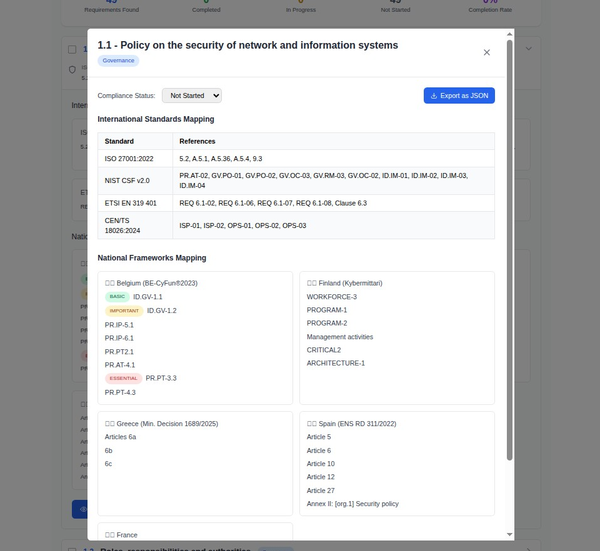The Intersection of Compliance and Corporate Social Responsibility

Introduction
In today's business landscape, compliance and Corporate Social Responsibility (CSR) are two critical pillars that often operate in silos. However, when aligned strategically, they can bring about mutual benefits for companies. This article explores the intersection of compliance and CSR, highlighting how compliance initiatives can align with a company's CSR goals for mutual benefit.
Understanding Compliance and CSR
What is Compliance?
Compliance refers to a company's adherence to legal and regulatory guidelines, ensuring that operations are conducted within the bounds of the law.
What is CSR?
Corporate Social Responsibility (CSR) is a self-regulating business model that helps a company be socially accountable to itself, its stakeholders, and the public.
Synergies Between Compliance and CSR
Ethical Conduct
Both compliance and CSR aim to promote ethical conduct. While compliance ensures legal adherence, CSR focuses on ethical business practices that go beyond legal requirements.
Risk Mitigation
Compliance initiatives can help in identifying and mitigating risks, which is also a core component of CSR programs focused on sustainability and social impact.
Reputation Management
A strong compliance program can enhance a company's reputation, aligning with CSR goals of building stakeholder trust and goodwill.
Case Studies
Tech Industry
In the tech sector, data privacy compliance can align with CSR goals by ensuring ethical data handling practices, thereby building consumer trust.
Manufacturing Sector
In manufacturing, compliance with environmental regulations can dovetail with CSR initiatives aimed at reducing the company's carbon footprint.
Strategies for Alignment
Integrated Teams
Create cross-functional teams comprising members from both compliance and CSR departments to identify areas of synergy.
Shared Goals
Establish shared goals that serve both compliance requirements and CSR objectives, such as ethical sourcing or waste reduction.
Regular Audits
Conduct regular audits to assess the effectiveness of integrated compliance and CSR initiatives, making adjustments as needed.
Conclusion
The intersection of compliance and CSR offers a fertile ground for companies to meet legal requirements and achieve broader social and environmental goals. By strategically aligning these two areas, companies can realize mutual benefits, ranging from risk mitigation to enhanced reputation and stakeholder trust.





